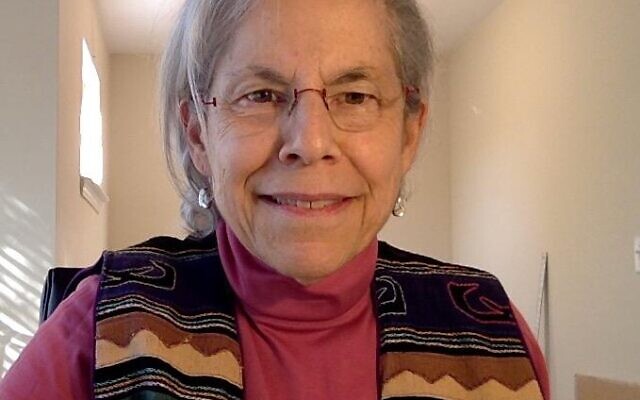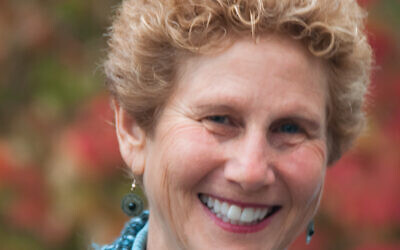COVID Narrows Options for Golden Years
Even younger seniors fear dreams may be limited.

For at least 40 years, people build their professional lives, raise children and send them to college, and put money aside for what is often called “the golden years,” when they can retire and fulfill some of their dreams. The COVID-19 pandemic, however, has altered those aspirations in numerable ways for this generation of retirees.
“Life is not quite what they had hoped it would be,” observed Debbi Dooley, geriatric care manager for more than 13 years at Jewish Family & Career Services of Atlanta. “Some feel thwarted or compressed. More people describe themselves as depressed.” On the other hand, she said, the pandemic has given “us an amazing appreciation of things we took for granted.”
Certainly, not everyone 65 and older has been affected in the same ways. Mary Sabel unexpectedly decided to retire last summer from her job as an architect. She lives in East Lake Commons in Decatur, a cohousing development in which the homes are close together on more than 20 acres. For the last year or so, she has appreciated being able to walk around and see people, rather than be “isolated in an apartment in senior living. I have now decided to age in place here,” she said. So she’s renovating her home for the future.

Others have seen the pandemic as a “wake-up call and decided maybe they need to get their estates in order,” stated gerontologist Nancy Kriseman. While many seniors may have “put off moving into a retirement home,” she sees an upcoming shift. “Clients have taken family members out of assisted living, but now may be thinking of moving them back in.”
Indeed, Holbrook Decatur is “seeing a complete 180 in the amount of interest” from prospective residents, said Jennifer Frank, community relations director. “It’s like night and day compared to last year. The whole world has shifted from what they thought they were going to do.”
A shift among this age group is not surprising, notes Dr. Bruce Rudisch, a geriatric psychiatrist. “Someone 75 to 80 has maybe 10 to 20 years left in life. If you lose 1 1/2 years, that’s a higher proportion of the remainder of your life than if you are a 40-year-old.”
And, according to a study published recently in the Proceedings of the National Academy of Sciences, life expectancy has been shorted by 1.13 years to 77.48 as a result of the pandemic. The Princeton University and University of Southern California researchers said that that is the largest single-year decline in life expectancy in at least 40 years and is the lowest life expectancy estimated since 2003.
Health researchers are not just looking at life expectancy, but also a concept called “life lost.” A February study conducted at the London School of Hygiene & Tropical Medicine found that the most lost years were in the 55 to 75 group.

Thus, it’s not surprising that Rudisch said he is seeing a lot more depression, suicide and substance abuse among the geriatric age group in the past year. “I have seen a couple of people deteriorate more precipitously than they imagined they would,” he said. “People with psychiatric or neuropsychiatric dementia have a significantly higher mortality rate. The data shows brain dysfunction and emotional strain have a big impact.”
Some people are really feeling deprived of taking cruises, going out to dinner with friends and seeing their grandchildren, Kriseman noted. “There’s a tremendous feeling of disappointment.” She calls these “accumulated losses” that might have a long-term effect.
Rudisch referred to one woman who had planned to travel during her retirement. “She’s aware that she has a window of time,” he said. Her parents deteriorated in their late 70s. “She’s experienced a sense of powerlessness,” he said.
Sabel credits her study of Zen, Mussar (with Rabbi Josh Lesser), other mindfulness practices and online courses – and sticking with a schedule – for not suffering depression during the pandemic. She admitted, however, to experiencing “some anxiety prior to getting the vaccine.”
In contrast to Sabel’s decision to retire last summer, Rudisch said that some people have decided to work longer because they can do so remotely, which reduces the stress of commuting, for instance.
Certainly, perspectives on life have changed. “The world is not as safe as we imagined it to be, which punctures through our denial,” Rudisch added. People “need some denial to survive. COVID has been a real challenge to our protective denial systems. I think things will get better, but maybe not back to normal. There’s always a new normal.”



comments